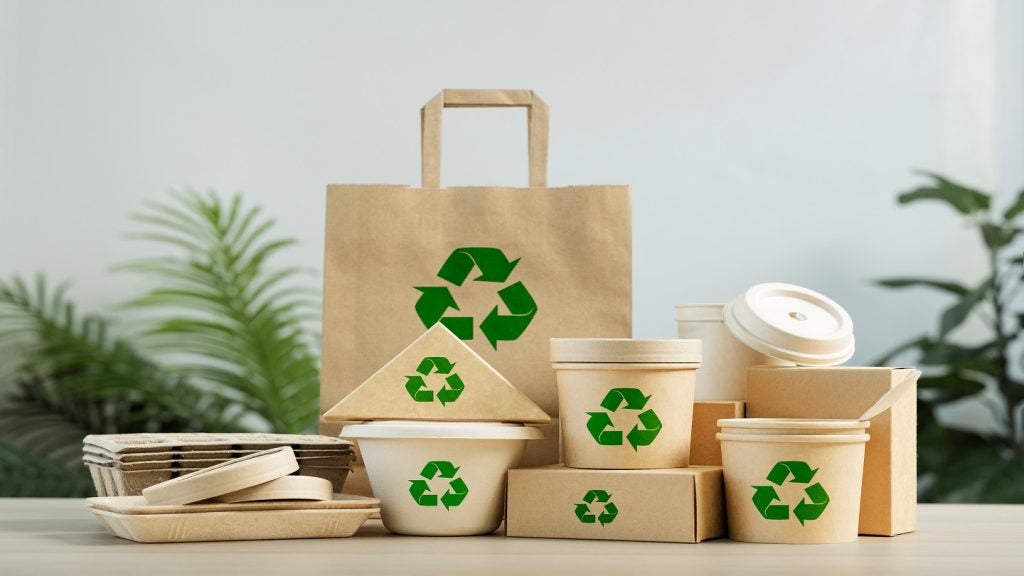The European Council has formally adopted a stringent regulation aimed at significantly reducing packaging waste across the EU.
The new legislation sets binding reuse targets, restricts various types of single-use packaging, and mandates economic operators to minimise the amount of packaging used, addressing the entire life cycle of packaging materials.
The regulation includes ambitious 2030 and 2040 targets for recycled content in packaging, with up to 65% recycled content for single-use plastic bottles by 2040.
The move emphasises the minimisation of packaging weight and volume, the reduction of substances of concern such as per- and polyfluoroalkyl substances in food-contact packaging, and introduces labelling requirements to aid consumer decision-making.
The restrictions on single-use plastic packaging will affect prepacked fruit and vegetables under 1.5kg, certain food and beverages, and small cosmetic and toiletry products in the hospitality sector.
Additionally, the regulation introduces binding reuse targets for 2030 and indicative targets for 2040 for various packaging types.
Takeaway businesses will be required to allow customers to use their own containers without additional charges.
The regulation's formal adoption signals the end of the legislative process, with its application commencing 18 months post-publication in the EU's Official Journal.
Despite increased recycling rates within the EU, packaging waste generation is outpacing recycling efforts. In 2022, the EU produced nearly 186.5kg of waste packaging per person, with plastic packaging accounting for 36kg.
The existing directive, in place since 1994 and revised multiple times, has reportedly fallen short in mitigating the environmental impact of packaging.
In response, the European Commission proposed a new regulation in November 2022 to replace the directive and modernise the framework for packaging waste management.
The European Parliament and Council agreed on the regulation in late 2023, reaching a provisional agreement on 4 March 2024 after informal negotiations.













